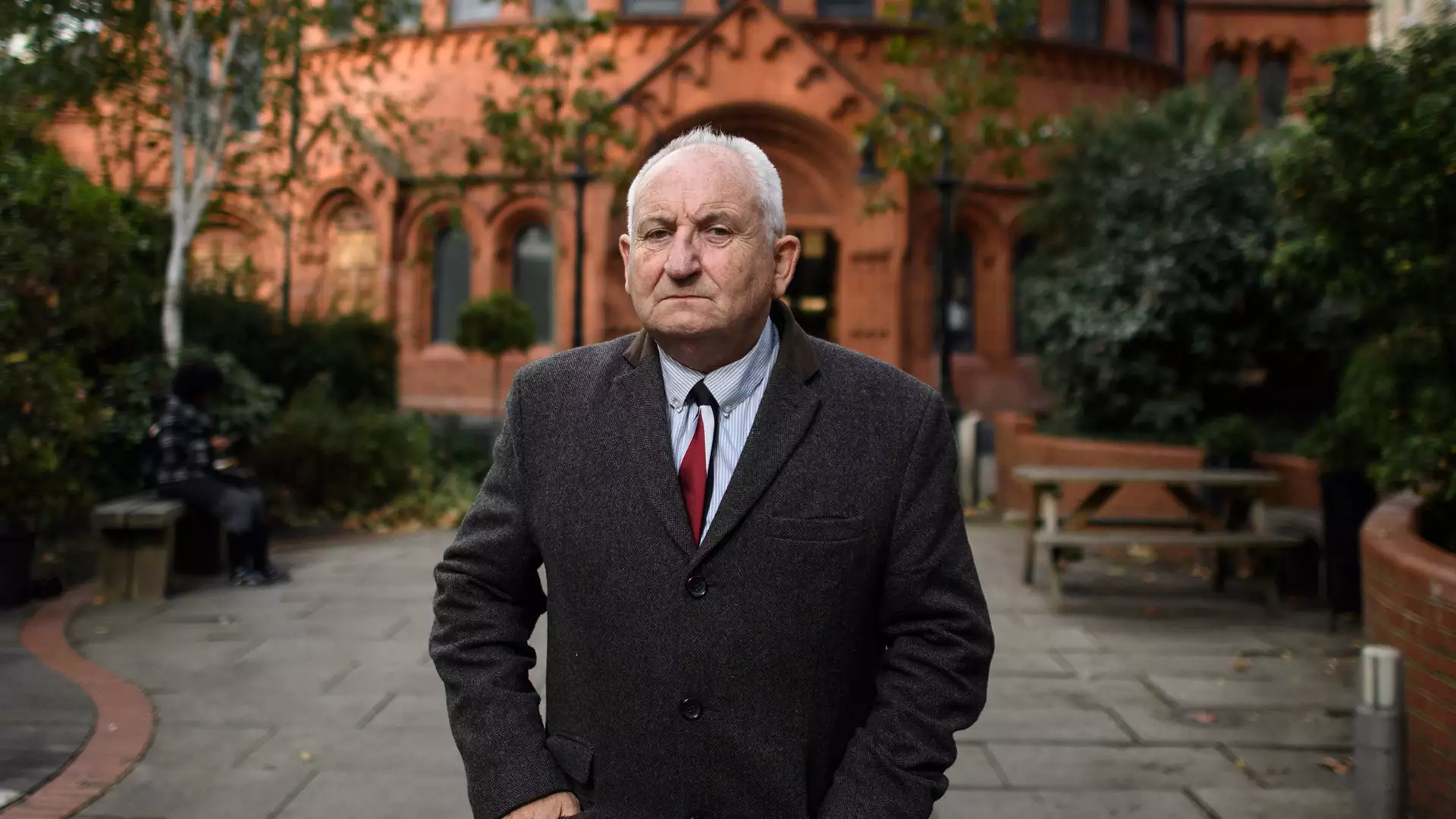To recap: on the 10th anniversary of The Big Issue I was asked by a reporter what I planned that was different for the next 10 or 20 years. I said that for the previous 10 years I had been mending broken clocks. And now I was going to spend the next 20 years trying to prevent clocks breaking.
It was then that I started to talk about prevention. I became a pain in the rear to many, many people who kept saying, “How can you talk about preventing homelessness and poverty when you have so many people who are already homeless and in poverty?”
I stuck to my prevention guns, but did not abandon the idea that we still needed to respond to the emergency of poverty as and when it became manifest. We had after all started The Big Issue as an emergency response to a social crisis. People on the streets, or possibly about to be thrown on the streets, needed to be given a legitimate way of making money so that they did not slip into begging and wrongdoing in order to keep body and soul together. So that if they had habits they did not have to rob to feed their habits; we offered a way where they could earn money without legally compromising their lives. So we were in an emergency, offering a crime prevention programme. And there we had worked, but from then on I was talking about prevention being the big answer to social problems.
When I applied to join the Lords as a non-affiliated peer it was to raise the issue that we needed to prevent poverty and not simply keep responding to it when it had become an emergency. I was often praised for my dedication to preventing poverty, but often only in the way that you praise someone who is eternally kind to animals. Nothing changed and that was the way it was left.
Come the pandemic, suddenly we had to go around offering sticking plasters to alleviate long-term problems. Prevention went out of the window when it was necessary to give handouts to Big Issue vendors because they had lost their livelihood. And the news was announced that over a quarter of a million people could eventually be made homeless because they could lose their homes through eviction for non-payment of rent.
We campaigned to keep people in their homes, as allowing them to descend into homelessness was a mad piece of bad social engineering. Eventually, after 18 months of campaigning, the government set aside £65 million to help with stopping evictions. The problem did not go away, but money was made available to stop people falling homeless.









